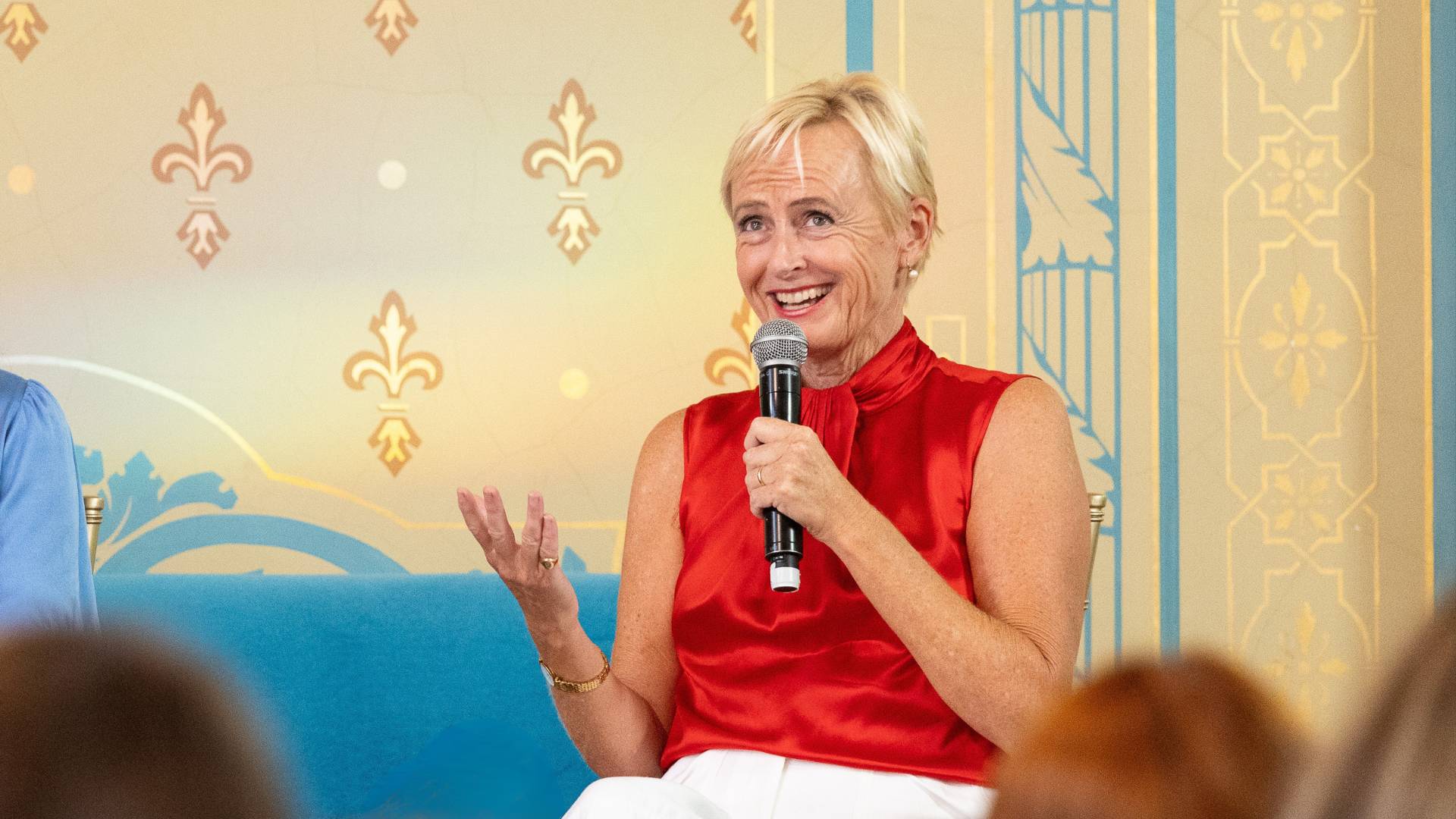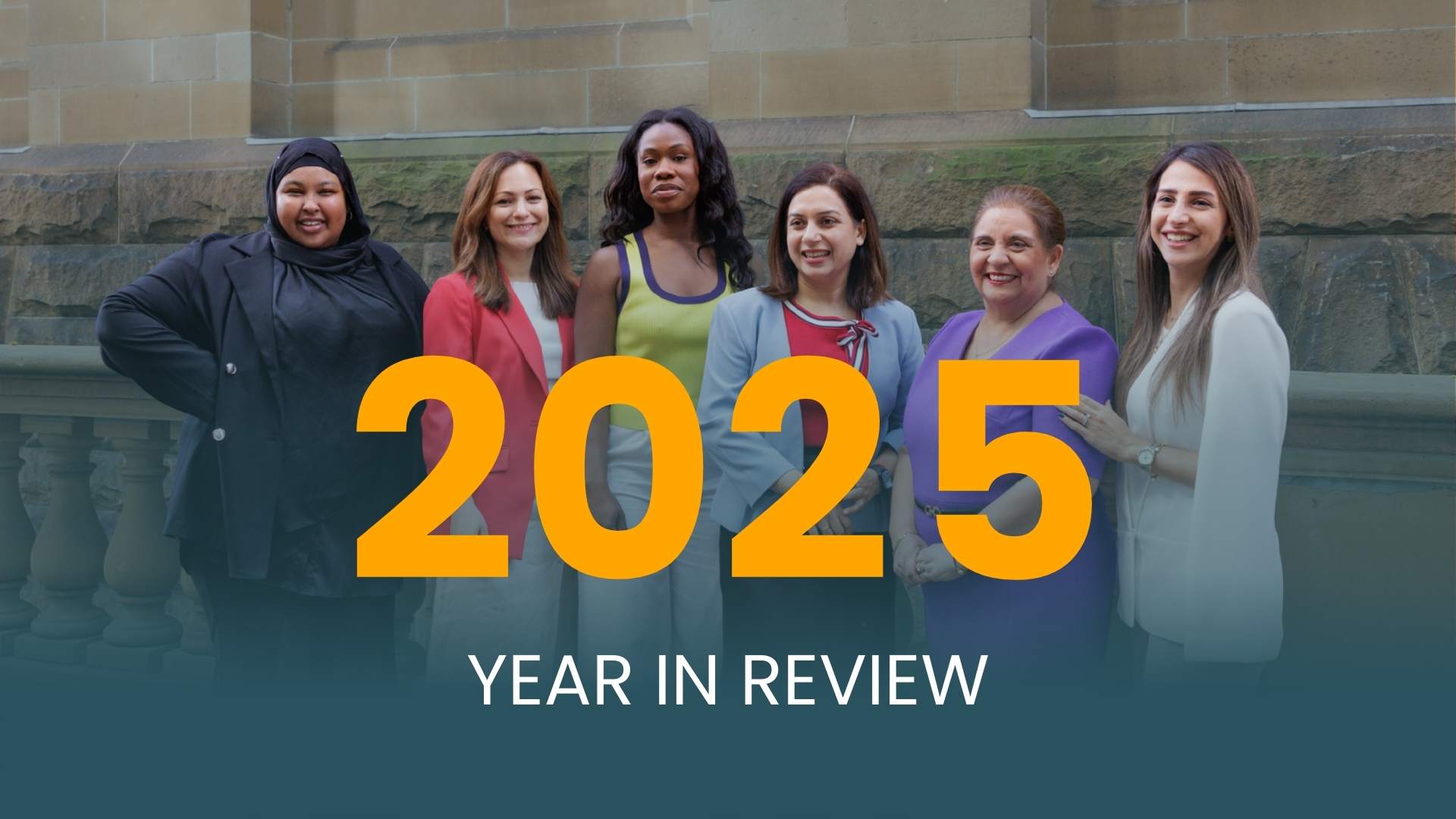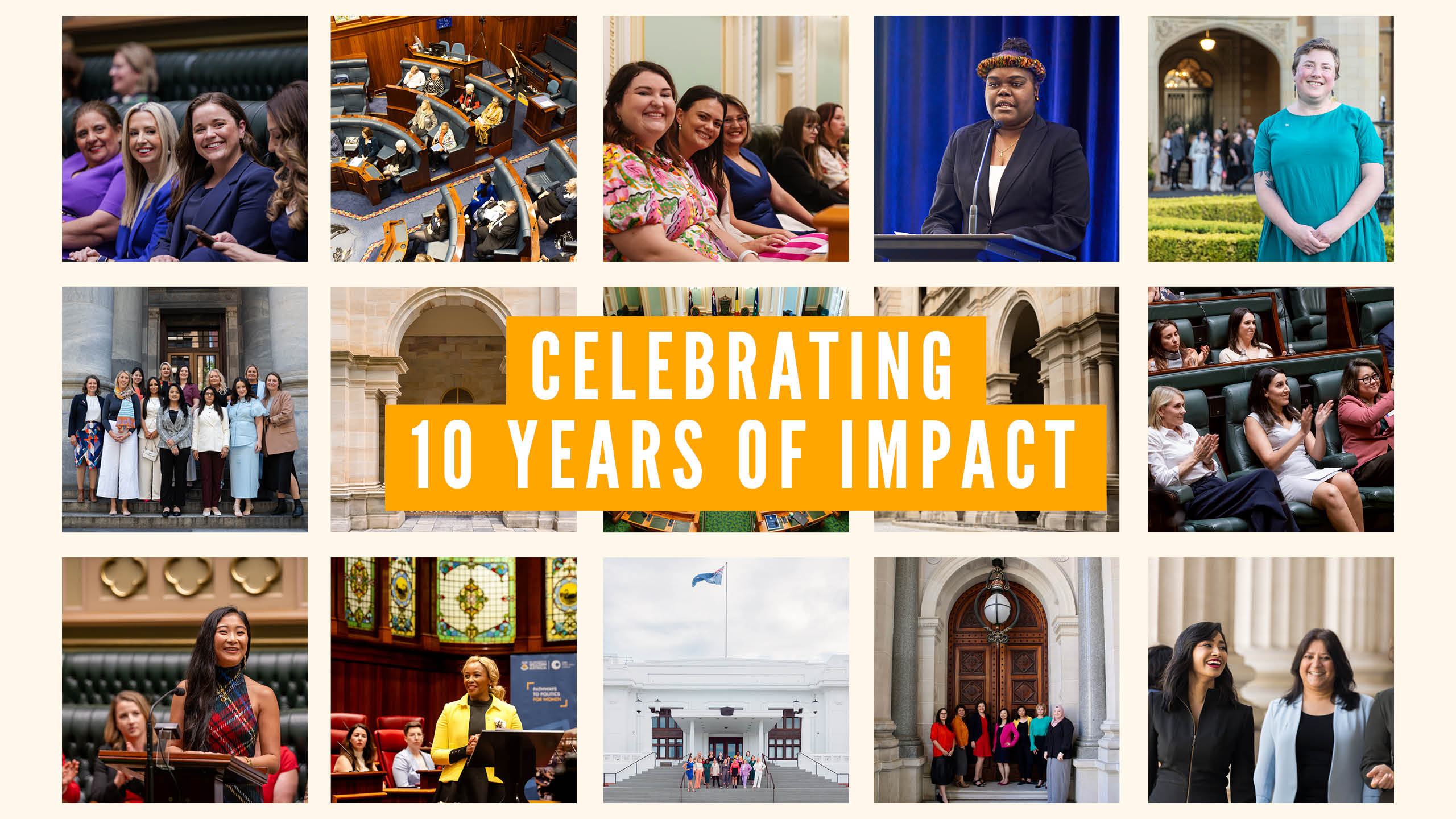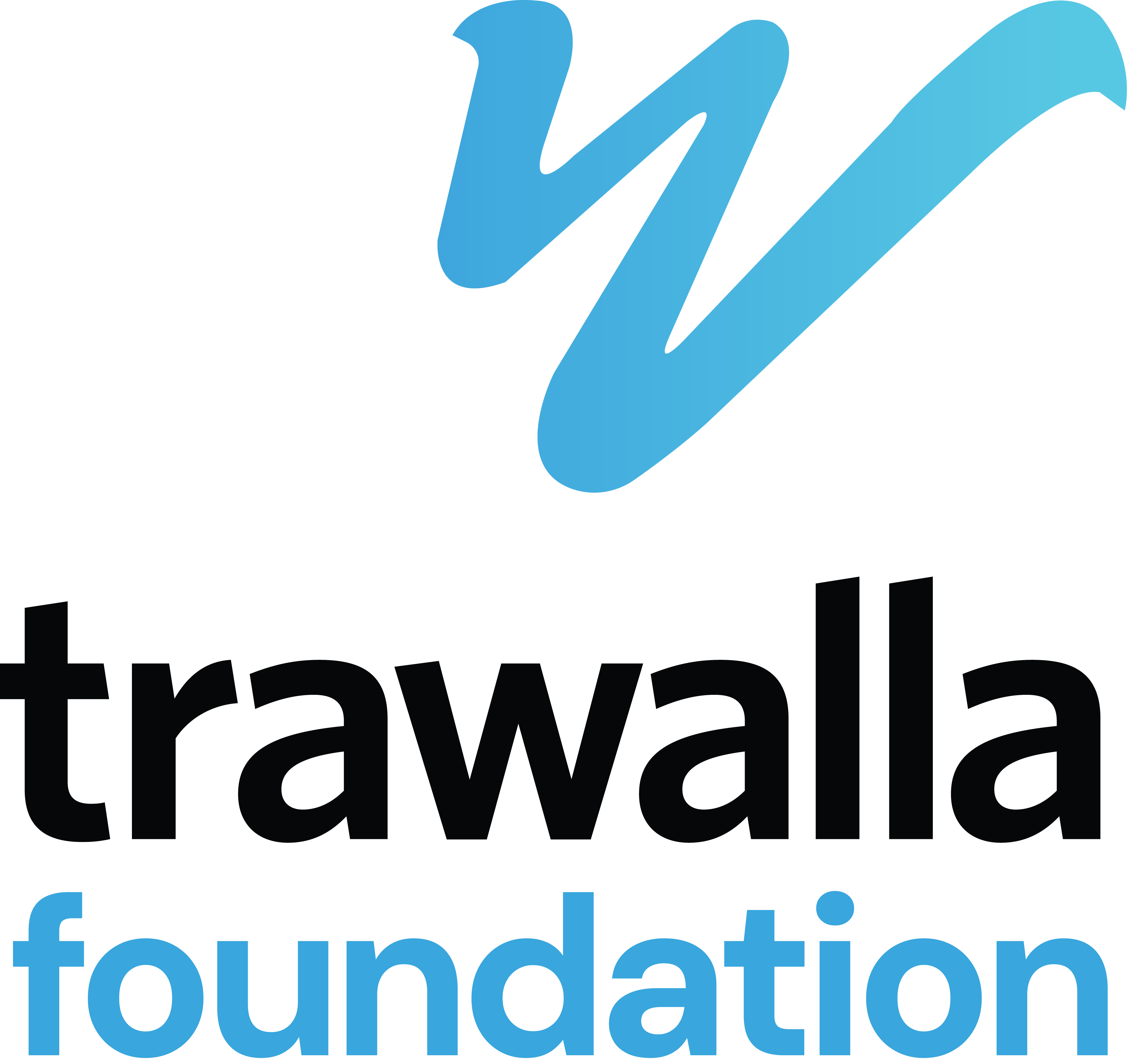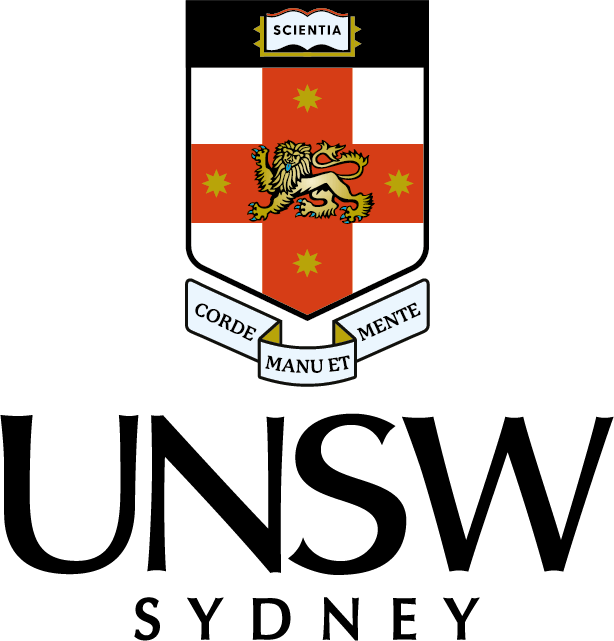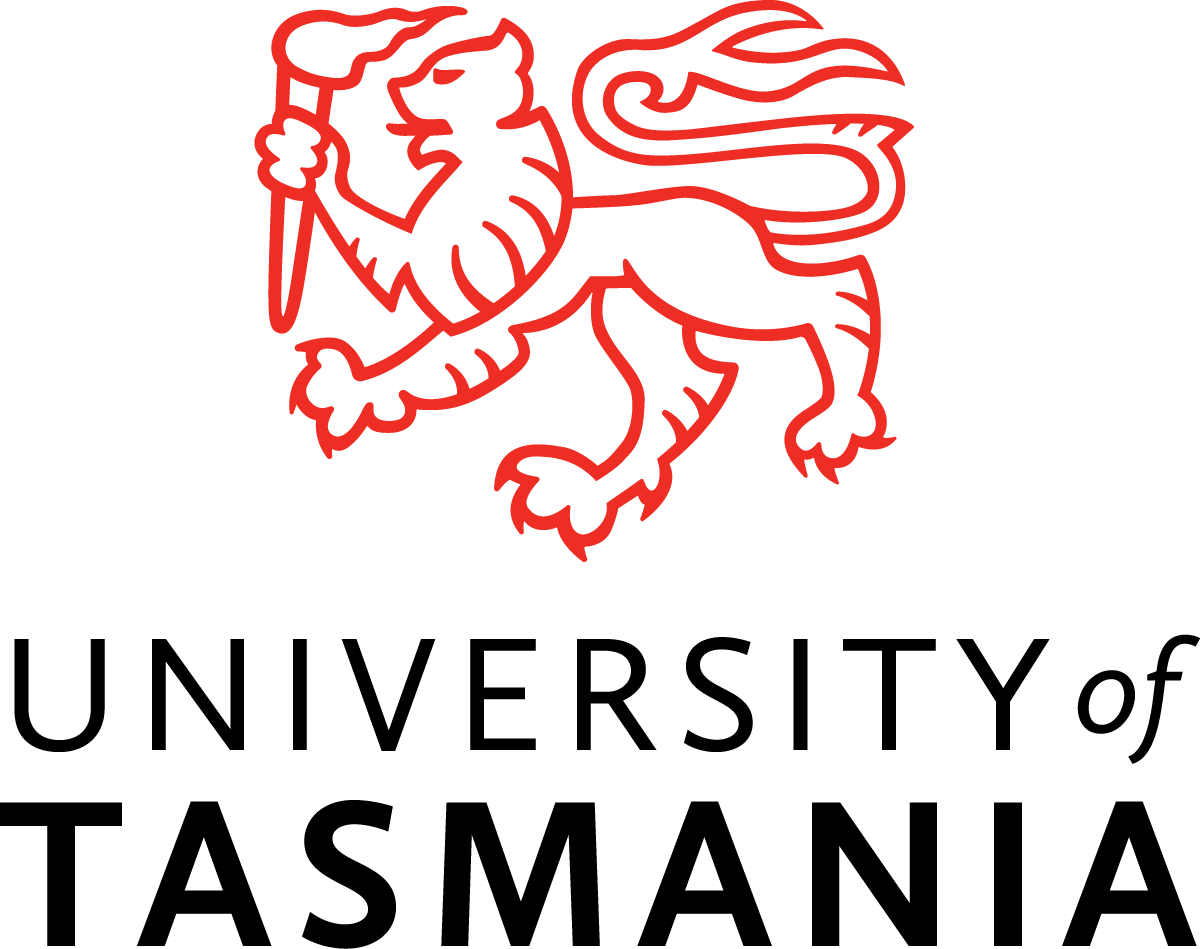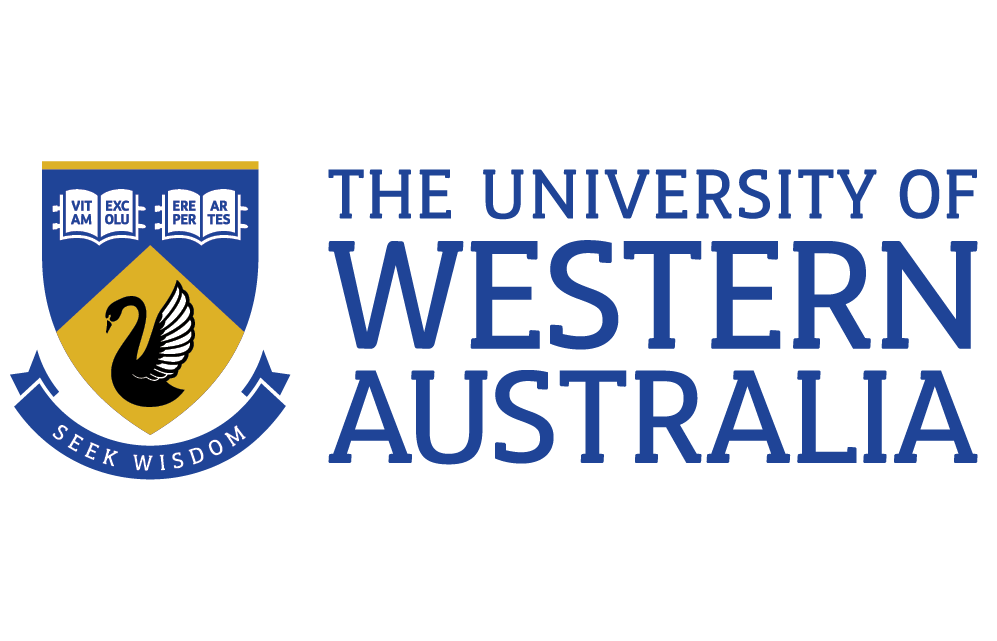By Carol Schwartz AO, first published in The Australian on 21 November 2025
For decades, I have been driven by a clear belief: when more women lead, everyone benefits. Equal representation strengthens decision-making, deepens collaboration, and ensures leadership truly reflects the people it serves. At its heart, this is about building a stronger, more resilient democracy.
My proudest example of this is founding Pathways to Politics for Women. In 2013, when only one woman sat at the cabinet table – Julie Bishop – I felt a daily sense of outrage that our premier decision-making forum held such gender imbalance, and I knew something had to be done.
So, I established Pathways to Politics for Women – the first Australian non-partisan initiative aimed at political gender parity. Through practical training, mentoring and career-long support, we provide unparalleled expertise for diverse women across the political spectrum who are serious about driving change through political leadership.
When we launched the inaugural program in 2016, through a partnership between the Trawalla Foundation, the Women’s Leadership Institute Australia, and the University of Melbourne, we hoped it would spark change. Ten years on, the results have exceeded anything we could have imagined.
More than 750 women have now completed the program. Collectively, they have run for office 247 times and achieved 92 electoral successes across the political spectrum and at every level of government. And we have built a national partnership model with eight outstanding universities, supported by hundreds of political leaders, mentors, subject-matter experts and champions in every state and territory. This has been a decade of determined focus and momentum, and we are just getting started.
I have deep confidence our Pathways to Politics for Women alum will make substantial contributions in the years ahead – and the research reinforces this. A major analysis by the Global Institute for Women’s Leadership and the Westminster Foundation for Democracy, drawing on more than 500 studies, shows that women bring more collaborative, community-minded decision-making and focus on issues that strengthen families and communities. The evidence also shows that greater female representation reduces corruption and improves public service delivery. Put simply, when men and women exercise power and decision making equally, democracies perform better.
Notwithstanding these findings, I remain pragmatic. Even as we start to reach gender-balanced parliaments, I know it will take time to see these positive impacts sustained. We are dealing with political systems and infrastructures built and reinforced over centuries. Disrupting and adapting these systems will not happen overnight, which is why long-term assistance for women entering and staying in politics remains essential.
Supporting our Pathways to Politics for Women alum over the next decade is crucial – not only to enable their political journeys but to ensure they can lead safely and confidently in our parliaments. Politics is tough for everyone, but it is even tougher for women. Women in public life continue to face escalating threats, with in-person and tech-based abuse becoming more frequent, more severe and more persistent – amplified by weak platform regulation and the spread of AI. Globally, these pressures are pushing women out of political life and weakening democratic participation. Australia cannot allow this trend to take hold.
The eSafety Commissioner, Julie Inman Grant, is playing a crucial role in tackling technology-facilitated harm, and we have extended her office’s excellent social media self-defence training to our cohorts and alums. We have also introduced free access to the Social Protect app – a practical Australian-built tool that uses AI to detect and delete abusive comments in real time – so women can better protect themselves and stay focused on their leadership.
Yet the safety risks are only part of the picture. The structural burden women carry at home also shapes who can realistically step into public life. New research by Women’s Leadership Institute Australia Fellow Dr Leonora Risse shows that unpaid work performed by women is worth an extraordinary $427 billion a year. This caring, cleaning, household coordination and community support keeps families functioning, yet remains invisible in our economic measures and is overwhelmingly done by women. That unpaid load limits time, flexibility and energy — all essential ingredients for political leadership — and remains one of the most relentless barriers to women entering and sustaining careers in public life.
This is why persistence matters. Even as women reach equal numbers in parliaments, the systems around them will take far longer to shift. Deep-set norms and expectations do not change overnight. We need to keep widening the pathways into political life, removing the structural barriers that hold women back, and building the conditions that allow women to lead with confidence, safety and integrity.
With sustained commitment from governments, political parties, institutions and communities, we can show what genuine gender equality in political leadership looks like. If we maintain this momentum, the long-term impact will be significant: more collaborative politics, more responsive institutions and decisions that reflect the lived experience of our communities. The progress of the past decade gives me real confidence about the next decade. When women lead equally with men, our parliaments, our policies and our society all stand to benefit – and Australia becomes fairer, stronger, and more resilient.
Originally published in The Australian on 21 November 2025.

Read our publication:
10 Years of Impact
Featuring interviews, stories and reflections from alums and supporters across the political spectrum, as well as Founder Carol Schwartz AO, and National Co-Convenors Sarah Buckley and Dr Meredith Martin.

Watch our video:
Celebrating 10 Years of Pathways to Politics
Featuring reflections from Founder Carol Schwartz AO, National Co-Convenors Sarah Buckley and Dr Meredith Martin, and more than 20 supporters and alums from a broad cross-section of Australian political life.

